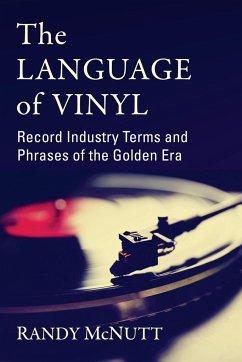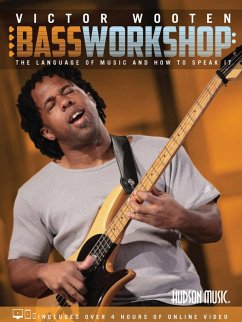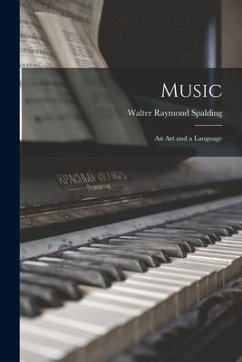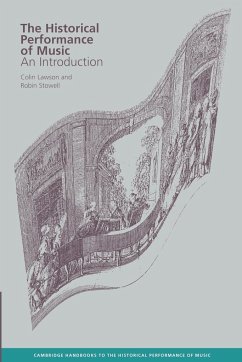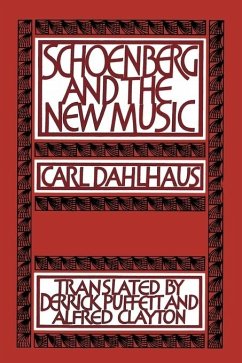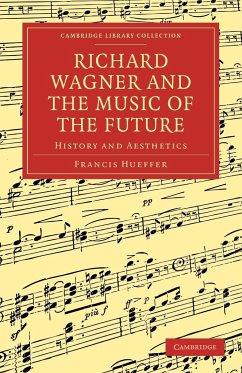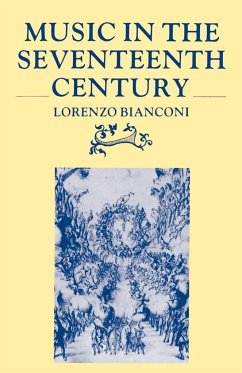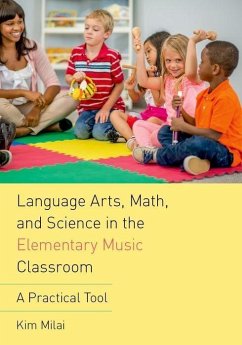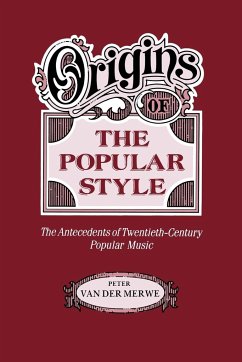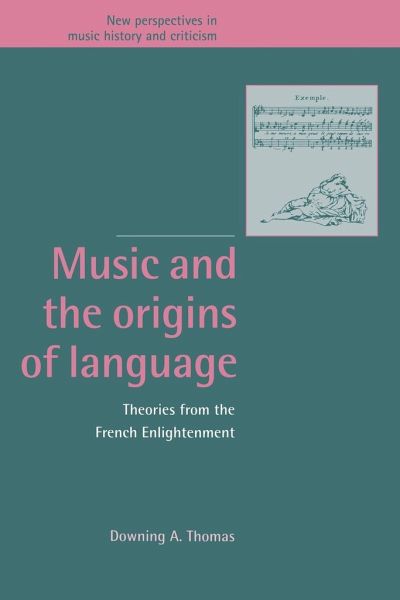
Music and the Origins of Language
Theories from the French Enlightenment
Herausgeber: Kallberg, Jeffrey; Newcomb, Anthony

PAYBACK Punkte
27 °P sammeln!
This study analyses reflections on music and considers ways in which it facilitates links between language and meaning.The search for the origins of language was one of the most pressing philosophical issues of the eighteenth century. What has often escaped notice, however, is the fact that music figures prominently in this search. This study analyses instances of thinking or reasoning about music and music theory as they appear within the logical and narrative structure of contemporary texts, including writings by Rousseau, Diderot, Rameau and Condillac. These can only be properly understood ...
This study analyses reflections on music and considers ways in which it facilitates links between language and meaning.
The search for the origins of language was one of the most pressing philosophical issues of the eighteenth century. What has often escaped notice, however, is the fact that music figures prominently in this search. This study analyses instances of thinking or reasoning about music and music theory as they appear within the logical and narrative structure of contemporary texts, including writings by Rousseau, Diderot, Rameau and Condillac. These can only be properly understood as part of an interdisciplinary project, as situated within a field of larger cultural issues and concerns. The author is interested in the ways in which music functions within this discursive framework to facilitate links between language and meaning, and between conceptions of an original society and an ideal social order.
Review quote:
'Thomas distills these and far more recondite arguments with admirable clarity, and, what is more, he persuades the non-philosophically inclined reader of the relevance of his investigation.' Musical Times
'- it provides an invaluable chronicle of some fascinating developments in the idea of a musical language within neo-classical theories of representation.' British Journal of Aesthetics
Table of contents:
Acknowledgements; Introduction; 1. Music and language; 2. Origins; 3. Music theory and the genealogy of knowledge in Condillac's Essai sur l'origine des connaissances humaines; 4. Music and original loss in Rousseau's Essai sur l'origine des langues; 5. Sensible sounds: music and theories of the passions; Conclusion; Biography; Index.
The search for the origins of language was one of the most pressing philosophical issues of the eighteenth century. What has often escaped notice, however, is the fact that music figures prominently in this search. This study analyses instances of thinking or reasoning about music and music theory as they appear within the logical and narrative structure of contemporary texts, including writings by Rousseau, Diderot, Rameau and Condillac. These can only be properly understood as part of an interdisciplinary project, as situated within a field of larger cultural issues and concerns. The author is interested in the ways in which music functions within this discursive framework to facilitate links between language and meaning, and between conceptions of an original society and an ideal social order.
Review quote:
'Thomas distills these and far more recondite arguments with admirable clarity, and, what is more, he persuades the non-philosophically inclined reader of the relevance of his investigation.' Musical Times
'- it provides an invaluable chronicle of some fascinating developments in the idea of a musical language within neo-classical theories of representation.' British Journal of Aesthetics
Table of contents:
Acknowledgements; Introduction; 1. Music and language; 2. Origins; 3. Music theory and the genealogy of knowledge in Condillac's Essai sur l'origine des connaissances humaines; 4. Music and original loss in Rousseau's Essai sur l'origine des langues; 5. Sensible sounds: music and theories of the passions; Conclusion; Biography; Index.





